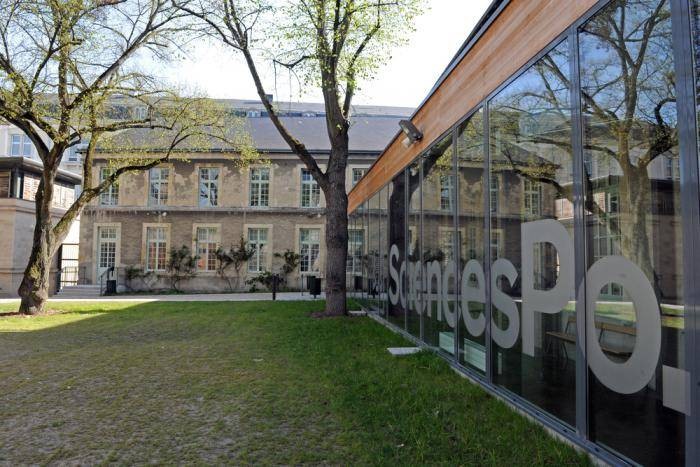
SCAR Visiting Scholarships are for mid- to late-career stage scientists and academics (at least 5 years after completing their PhD) who are involved in Antarctic research, providing the opportunity for them to undertake a short-term visit (1 to 4 weeks) to an institute(s) in another SCAR member country, to provide training and mentoring.
The core purpose of the Scheme is to build capacity in countries with smaller or less-developed Antarctic research programmes. Visits can be either to smaller and developing programmes or from smaller and developing programmes, so the capacity building process can be proposed either way. The scheme is for any scientists and academics whose research contributes to SCAR’s objectives, as embodied in the Science Groups and Scientific Research Programmes.
About Scientific Committee on Antarctic Research (SCAR)
The plans for the IGY, the International Geophysical Year, 1957-58, included a major Antarctic component. At the International Council of Scientific Unions (ICSU) Antarctic meeting held in Stockholm on 9 - 11 September 1957, it was decided that there was need for further international organisation of scientific activity in Antarctica, and that a committee should be set up for this purpose. The Bureau of ICSU invited the twelve nations actively engaged in Antarctic research to nominate a delegate each to a Special Committee on Antarctic Research (SCAR). Delegates were also invit... read more
.png)
SCAR Visiting Scholar Scheme
| Application Deadline | 30 Aug 2023 |
| Type | College School |
| Sponsor | Scientific Committee on Antarctic Research (SCAR) |
| Gender | Men and Women |
Aim and Benefits of SCAR Visiting Scholar Scheme
- The Visiting Scholar Scheme provides individual awards of up to USD $5,000.
Requirements for SCAR Visiting Scholar Scheme Qualification
- Open to scientists and academics (more than five years after completing their PhD) whose research contributes to SCAR’s objectives, as embodied in the Science Groups, Scientific Research Programmes, and Humanities and Social Sciences.
- The host institute must be in or operated by one of the SCAR Member countries and must be a country different from that of the candidate’s current position and the candidate’s origin (although the latter may be waived at the discretion of the Selection Committee). Visiting Scholarships are awarded purely by competitive selection.
Interview date, Process and Venue for SCAR Visiting Scholar Scheme
Evaluation Criteria
The review panel will comprise representatives from the SCAR Capacity Building, Education and Training (CBET) Committee, the SCAR Executive Committee, and one or more of the Officers of the SCAR Science Groups or their Alternates. The review panel will evaluate all proposals on their potential to build capacity in countries with smaller or less-developed Antarctic research programmes. This evaluation will also take into consideration factors such as:
- the research excellence the visit will provide;
- how the visit ‘fits’ with SCAR’s place in science and research, and with its research directions;
- how far links have already been established with the proposed host institute;
- career stage of the candidate.
Application Deadline
August 30, 2023How to Apply
Interested and qualified? Go to Scientific Committee on Antarctic Research (SCAR) on scar.org to applyIn order to apply, scientists and academics are required to first contact and liaise with the appropriate host, to secure the support of an organisation or institute undertaking Antarctic research that would benefit from the visit. Both the home and host institutes must be willing to take part in the SCAR Visiting Scholar Scheme.
The complete application package consists of:
- Proposal Document – A one-page description of the proposed visit detailing the intended capacity-building activities.
- The applicant’s CV.
- Online Application – to be completed by the applicant. Note: the applicant must have both the Proposal Document and CV ready to upload before starting the application process, and optionally a portrait image to be used when announcing the successful applicants.
For more details, visit SCAR website


